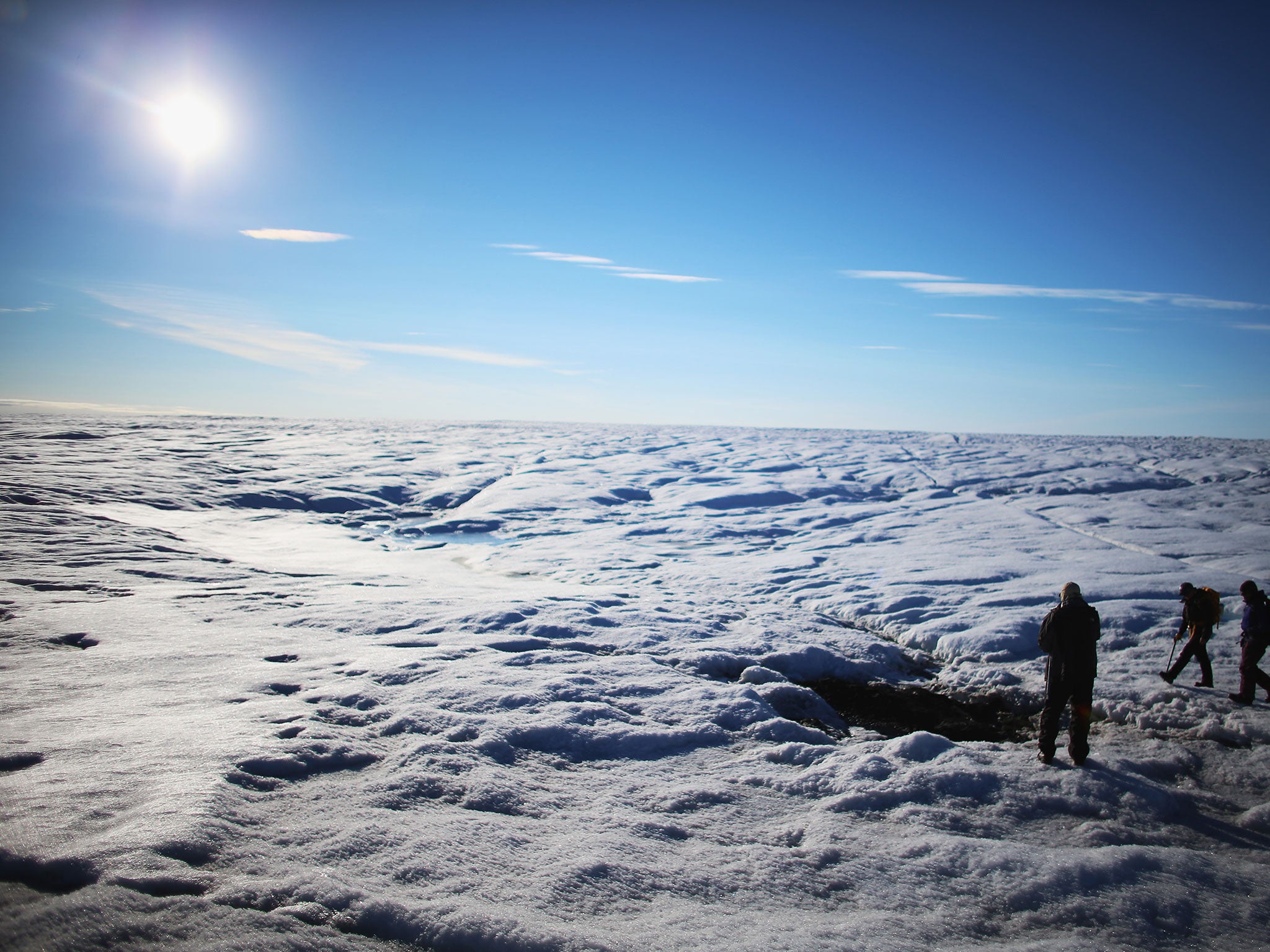Unusually deep hole in the ozone could open over the Arctic this spring
It isn't known whether climate change will make these ozone holes more common or severe

An unusually deep hole in the protective ozone layer may open over the Arctic Circle this spring.
Scientists believe lingering atmospheric pollutants and frigid air are creating a record-sized hole.
There is now concern about the impact extra ultraviolet light will have on humans and ecosystems below without the protection of the ozone layer.
It is not known whether climate change will make these holes in the ozone layer more common or severe.
Markus Rex from the Alfred Wegener Institute in Potsdam, Germany said by next week around 25 per cent of the Arctic's ozone will be destroyed.
Rex says conditions are "ripe" for these losses to overtake a record Arctic ozone hole recorded in the spring of 2011, reports Science magazine.
Iridescent clouds have been spotted over the region caused by cold temperatures condensing nitric acid in the air.
Rex said: "They’re beautiful, but once I see them, I’m concerned – they’re dangerous."
These clouds enable the reactions that turn chlorine into active chemicals that can react with sunlight to destroy ozone.
In addition to causing issues for arctic residents not used to wearing suncream in March - these holes could negatively affect the ocean-dwelling phytoplankton which bloom in the Arctic north each spring
Phytoplankton are an essential part of the ocean's ecosystem as they use sunlight to convert carbon dioxide into oxygen and account for half of the world's photosynthetic activity.
Join our commenting forum
Join thought-provoking conversations, follow other Independent readers and see their replies
Comments
Bookmark popover
Removed from bookmarks